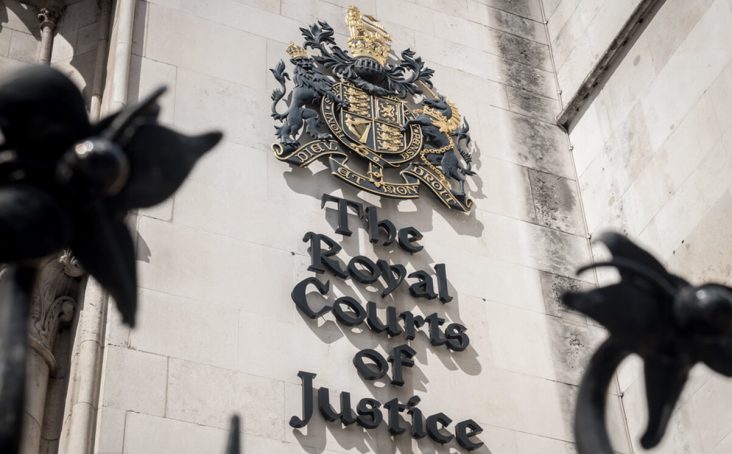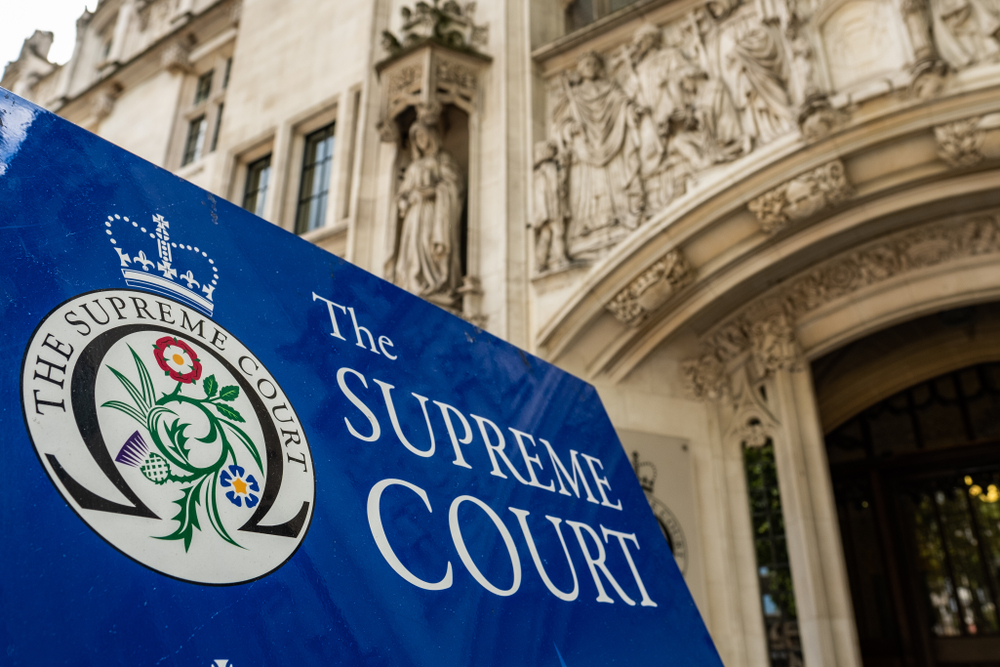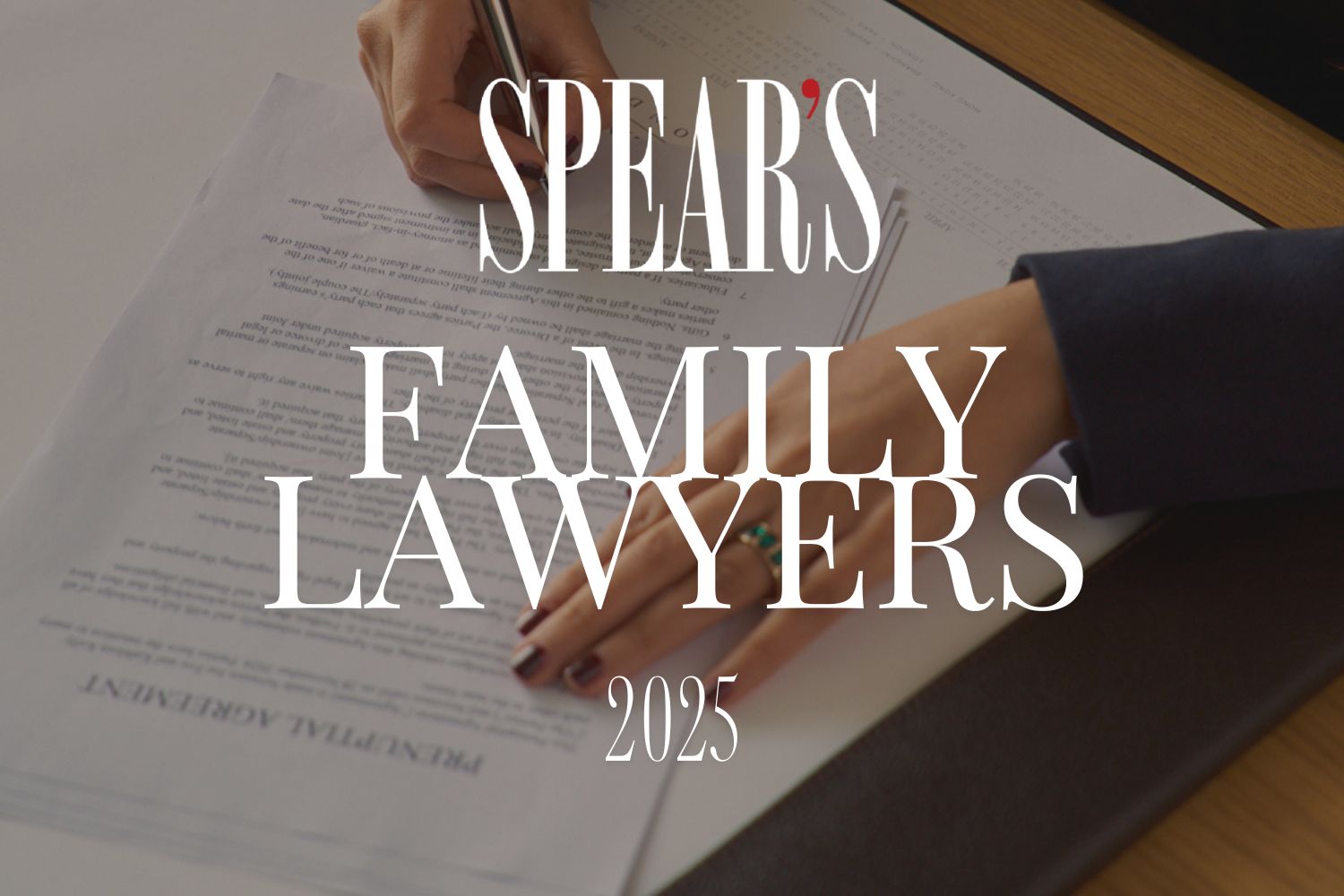In Spring 2022, new legislation radically changed how couples could divorce in England and Wales. No-fault divorce, the first major divorce law reform since the 1970s, will put an end to couples being forced to find blame in one party for the marriage breakdown.
New legislation in the form of the Divorce, Dissolution and Separation Act 2020 (‘DDSA 2020’) came into force on 6 April 2022 and introduced the so-called ‘no-fault divorce’. The DDSA 2020 represents the first significant divorce law reform since the 1970s. It has profoundly impacted divorce law in England and Wales, paving the way for a more constructive approach to relationship breakdown.
Before 6 April 2022, in the absence of a period of separation, one party was left with no choice but to blame their spouse for the breakdown of their marriage.
We take an in-depth look at no-fault divorce and what can be expected from this new divorce legislation.
What is a no-fault divorce?
The new law retains the irretrievable breakdown of a marriage as the sole ground for divorce, and a statement to this effect is conclusive. There is no longer the requirement to prove or evidence irretrievable breakdown by one of the five facts, namely:
- adultery
- desertion
- unreasonable behaviour
- two years separation with consent
- five years separation
As a result, no-fault divorce encourages a constructive approach to separation and promotes reconciliation where possible. It also enables a future-focused approach to managing the effects of relationship breakdown, particularly matters relating to children and financial matters. The new law recognises the independence of the individual (or indeed the couple) wishing to file for divorce by removing the element of judicial scrutiny that previously existed in having to prove the marriage had broken down irretrievably.
What are the main changes as a result of the DDSA 2020?
This is how the two laws compare:
Previous divorce law (pre-6 April 2022)
- One party (the ‘petitioner’ had to prove one of five facts to demonstrate that the marriage had irretrievably broken down. In cases of unreasonable behaviour or adultery, this would mean stating particulars of behaviour or producing evidence against the other party
- One party alone could commence divorce proceedings, which introduced an element of blame
- If the other party (the respondent) disagreed with the facts alleged or that the parties should divorce, they could contest it
- There was a six-week cooling-off period between decree nisi and decree absolute
- A judge was required to consider the facts and whether they could be proved before accepting the divorce petition
- Any financial settlement between the parties, or arrangement over childcare, should be finalised before the decree absolute
No-fault divorce
- The applicant (or both parties jointly) states that the marriage has broken down irretrievably. No proof is required
- The court must accept the statement of irretrievable breakdown and make a divorce order.
- Either or both parties may apply for a divorce order
- The opportunity to contest the divorce is removed. There is now limited opportunity to dispute the divorce
- Terminology will change to ‘conditional order’ and ‘final order’. There is also a minimum 20-week ‘period of reflection’, which is introduced from the date the divorce application is issued until the date on which conditional order can be applied for
- The 20-week period is also intended to allow the parties to resolve any financial issues and issues relating to children. As before, the parties should seek to determine issues relating to the children or financial matters before the final order for divorce is made
Some of the legal terminology has also been modernised to simplify key legal terms in the divorce process:
- the petitioner is now called the applicant
- the decree nisi is now called a conditional order
- the decree absolute is now called a final order
Who can get a no-fault divorce?
The new law enables either party or both parties jointly apply for a divorce. The application will therefore be either a ‘sole’ application or a ‘joint’ application. If for whatever reason, one party in a joint application no longer cooperates, the joint application can proceed as a sole application.
What are the benefits of no-fault divorce?
There are several benefits to a no-fault divorce, including:
- it better reflects modern relationships and situations that arise on relationship breakdown
- the terminology has been updated and the process simplified, as well as introducing a period of reflection. It negates the need to state one of the five facts as the reason for the marriage breakdown
- it removes the opportunity to contest the divorce
- it removes the element of blame, which may make divorce settlements and discussions about children more amicable
How long does it take for a no-fault divorce?
The process under no-fault divorce is broadly as follows:
- a single or joint application for a divorce order is made, and the court issues the application
- 20 weeks later, having confirmed that the applicant or applicants still wish to go ahead, an application for the conditional order can be made to the court
Six weeks after the date of the conditional order, the applicant or applicants can apply for the final order. In total, a no-fault divorce may take around six to eight months. However, this is a rough estimation and will depend on individual circumstances.
What requirements do you have to meet for a no-fault divorce to be considered?
With this simplified process, all that is required for a no-fault divorce to be considered is for at least one spouse to provide a statement to say the marriage has broken down irretrievably. This statement counts as conclusive evidence and cannot be contested.
The new law also allows for a joint statement to be provided, which increases the opportunities for a mutual split and avoids unwanted blame or difficulties between the separating couple.
How does no-fault divorce affect children and financial matters?
The new law does not make any changes in relation to financial settlements or childcare arrangements. This means expert legal advice and representation will remain vital for anyone going through the divorce process. Indeed, the absence of a fault-based divorce should enable and facilitate more focused discussions regarding the children and finances and hopefully improve relations going forwards, particularly co-parenting relationships.
Are there still legal proceedings with a no-fault divorce?
Under no-fault divorce law, spouses can apply for a divorce order by producing a statement explaining that the marriage has broken down irretrievably. Neither spouse will be required to demonstrate the irretrievable breakdown. The statement will be sent to the court and taken as conclusive evidence.
It will still be possible for one spouse to apply for divorce under the new law. However, the new legislation enables couples to apply to the court jointly for a divorce and separate as amicably as possible.
Whereas before a party could contest a divorce, it is now only possible to ‘dispute’ the divorce on limited grounds, namely:
- disputing jurisdiction for divorce proceedings in England and Wales
- where one party disputes the validity or subsistence of the marriage
Which countries around the world also have no-fault divorce?
Several countries/states around the world also have no-fault divorce laws in place, including:
- Russia
- Sweden
- Germany
- Australia
- All US states (but requirements may vary)
Contact Stewarts today
If you are considering filing for divorce and need expert advice about the new divorce laws, contact Stewarts today. Our friendly and experienced divorce and family lawyers will take time to understand the issues you face and are on hand and ready to answer any questions you might have about filing for divorce.
-
Our divorce expertise
-
Agreements
-
Children
-
Divorce and separation
-
Financial provision
-
Court and alternatives
-
Resources
"They have star performers, strength in depth and the support of first-class supporting departments. That's the mark of a top-tier firm"
Chambers High Net Worth
"Stewarts' divorce and family team is a litigation powerhouse that has a top array of vastly experienced lawyers"
The Legal 500
"Highly sought after by high-profile clients and ultra high net worth individuals. Well versed in handling matrimonial proceedings with international elements, complex matrimonial finance matters, private children law and cohabitation disputes"
Chambers
Meet the Divorce and Family team
Our team is the pre-eminent divorce and family practice in the UK, ranked No.1 in both The Legal 500 and Chambers.
In an article in The Times, head of department Stephen Foster is “praised for leading Stewarts’ phalanx of family lawyers to the top of the pack”.

If you require assistance, please call us or email your enquiry.
Featured case
Court of Appeal judgment confirms that a child’s welfare is paramount in decisions regarding relocation within the UK.

Stewarts Private - Dispute Management
Stewarts Private is a dedicated dispute management service that helps our clients avoid, manage and resolve disputes. We provide strategic advice to assist in navigating serious, complex and challenging situations.








